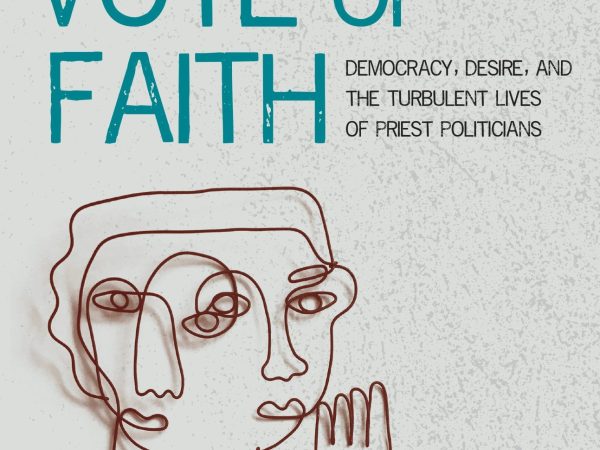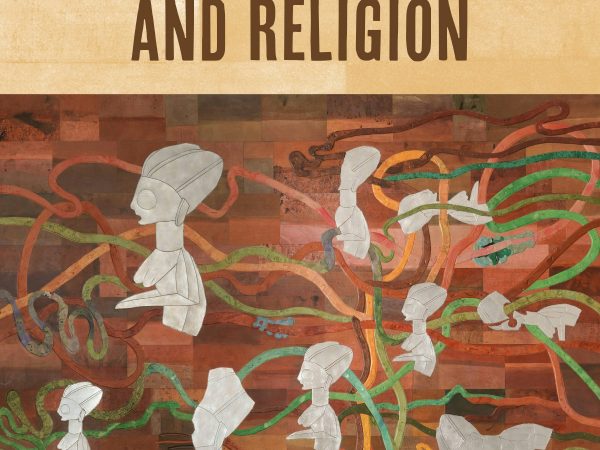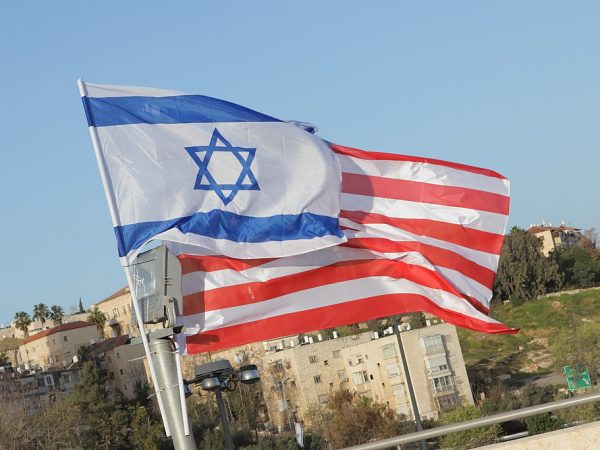
The picture painted here, especially by the verses of the Psalm not included in the lectionary reading (Psalm 104:1-23) is an astonishing vision of the ubiquity of the Creator within their creation, directly immersed within the moment-by-moment dance of life in its most intimate, even quotidian – eating, drinking, growing, building, nesting: these are the tasks of home and family. Divine empathy for daily life, in its glorious diversity, for everything that is alive.

Regardless of whether we live in the shadow of volcanoes or glaciers, we can see and know that God is at work in the awesome and majestic unfolding of creation. The same divine sovereignty that moves mountains can move human hearts toward the kin-dom—if we have eyes to see and courage to act.

Priests, in order to become mayors, had to be viewed as lovers. So, the mayor-priest is a ‘lover’ in multiple senses. He has to embody God’s love. He has to perform paternal love. He has to signal to society that he is also, very likely – albeit in secret – to be a good sexual lover as well.

Love disrupts both the ruin and misery we inflict upon others as well as our preoccupation with ourselves, for these are interdependent, synergistically working together for the degradation of all.







